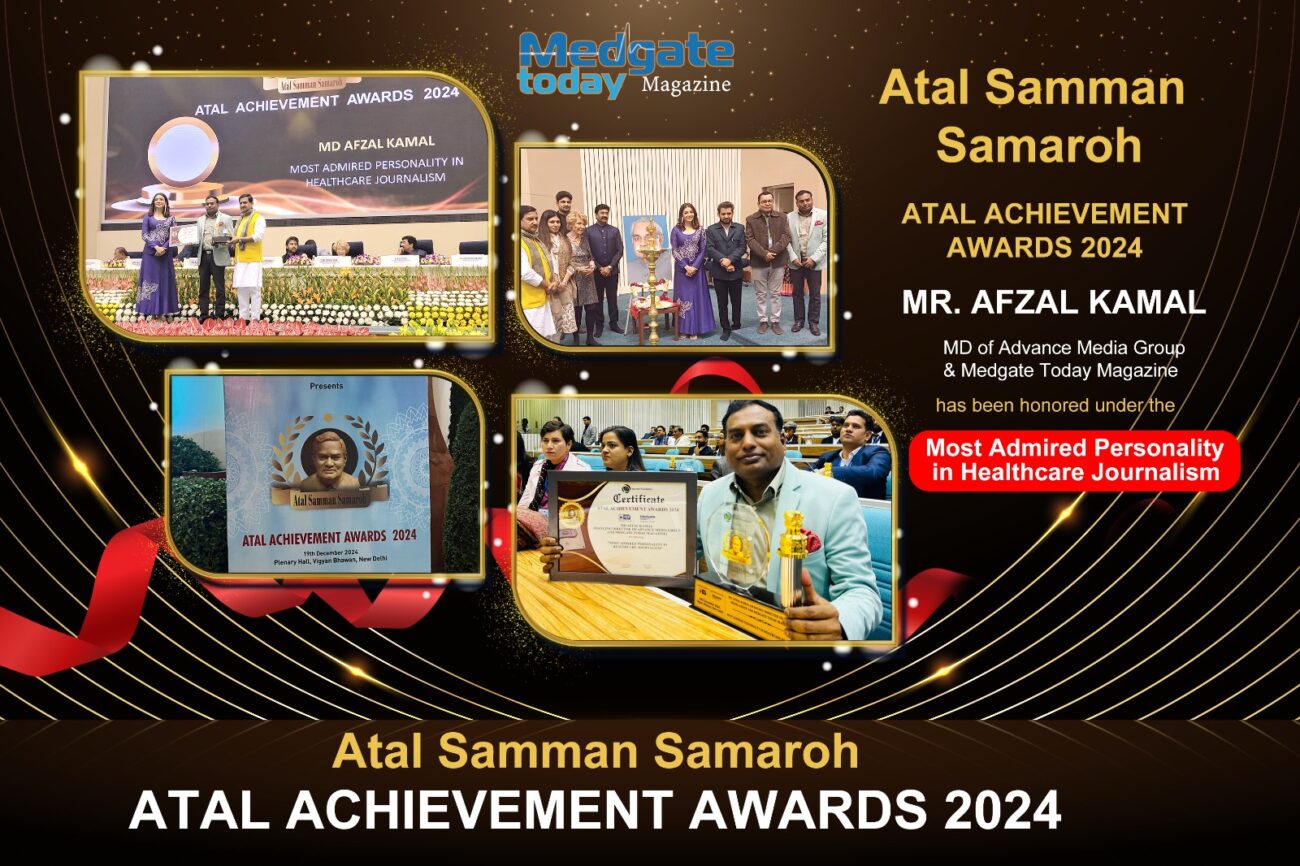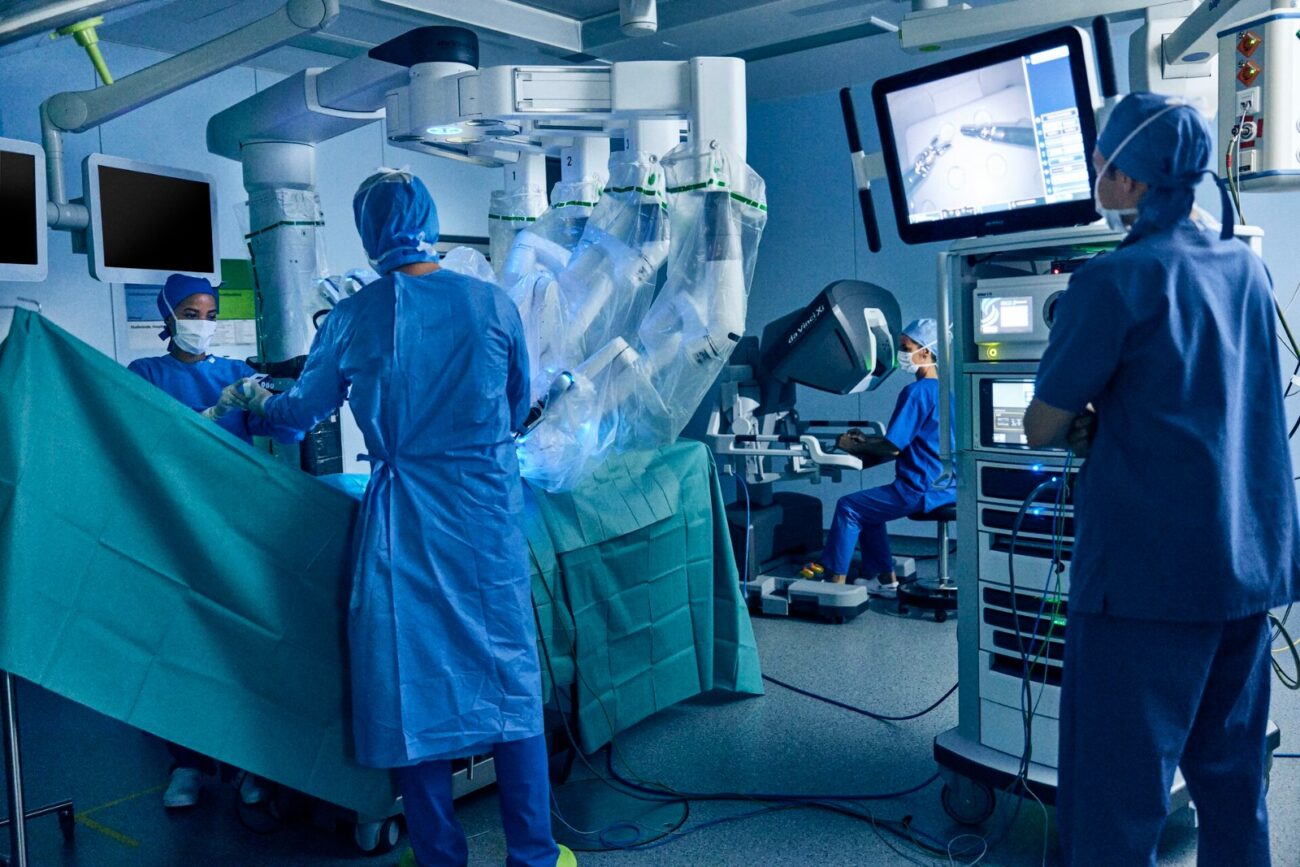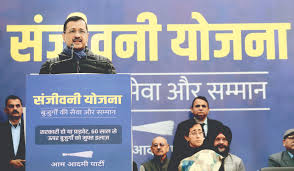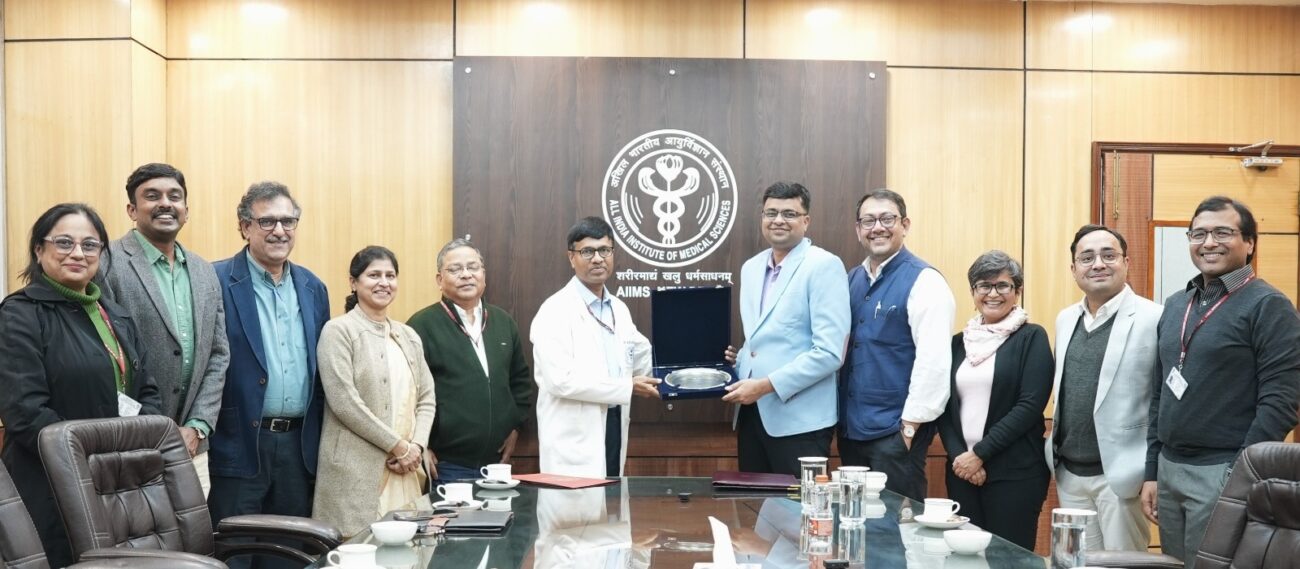‘Importance of WHO-GMPs in Ayurveda Industry’, webinar organised by PHD Chamber of Commerce and Industry.
AYUSH Committee, PHDCCI organized a webinar on Importance of WHO-GMPs in Ayurveda Industry on 8th April 2021. The webinar was graced with the key note address of Dr. J L N Sastry, CEO, National Medicinal

AYUSH Committee, PHDCCI organized a webinar on Importance of WHO-GMPs in Ayurveda Industry on 8th April 2021. The webinar was graced with the key note address of Dr. J L N Sastry, CEO, National Medicinal Plants Board, Ministry of AYUSH, Govt. of India & Special Address of Dr. D C Katoch, Chief Medical Officer, CGHS, Ministry of AYUSH, Govt. of India.
The webinar is also graced with the presence of Mr. Pradeep Multani, Sr. Vice President, PHDCCI, Padma Bhushan, Vaidya Devendra Triguna, President, AMAM& All India Ayurvedic Congress and Ayurveda Mahasammelan& Mr. Jitender Sodhi, Co-Chair, AYUSH Committee, PHDCCI & CMD, Ayush Herbs Pvt. Ltd.
The other eminent dignitaries present were Dr. Vijendra Prakash, General manager, Himalaya Drug Company, Dr. Santosh Joshi, Sr. General Manager, Hamdard Laboratories India, Dr. V Sasibhishan, Sr. Manager, Dabur Research & Development Centre, Dabur India Limited, Dr. Anurag Gupta, Manager, Regulatory Affairs, Shree BaidyanathAyurved Bhawan Pvt Ltd and the session was moderated by Mr. Vivek Seigell, Assistant Secretary General, PHDCCI.
Dr. J.L.N Sastry in his presentation on Provisions related to WHO-GMP/CoPP for Herbal Drugs discussed the present scenario of ASU&H drugs and the importance of Good Manufacturing Practice (GMP) which is designed to minimize the risk involved in any pharmaceutical production that cannot be eliminated via testing the final product. He also discussed the process of domestic/ Indian GMP for Homoeopathic Drugs and WHO-GMP.
Talking about the risks that need to be minimized, he opined that unexpected contamination of products, causing damage to health; incorrect labels on containers which could be meant that patients receive wrong medication; insufficient or too much active ingredient resulting in ineffective treatment or adverse effects.
He mentioned that GMP covers all aspects of production and detailed written procedures are essential for each process that could affect the quality of the finished product. There must be systems to provide documented proof that correct procedures are consistently followed in each step in the manufacturing process.
Dr. D.C. Katoch, Chief Medical Officer, CGHS, Ministry of Health & Family Welfare, Govt. of India discussed the evolution of the WHO-GMP system and the objective of the scheme is to ensure objectivity and transparency of manufacturing products at the same time establishing accountability in the industry. There needs to be certification of the product when the product is manufactured in the WHO-GMP certified unit. There needs to be standardization of the entire process and training of manpower at the same time assuring safety, efficacy, and quality.
Padma Bhushan Vd. Devendera Triguna, President of AMAM, All India Ayurvedic Congress, and Ayurveda Mahasammelan mentioned there needs to be a standardized set of guidelines for the import-export of Ayurveda products so that industry and people can be benefited.
Dr. Vijendra Prakash, General Manager, Himalaya Drug Company mentioned that there is a consistent need for an improvement in manufacturing and infrastructure to maintain quality standards of products in the Ayurveda industry and for this, best GMP norms need to be practiced.
Dr. Anurag Gupta, Manager, Regulatory Affairs, Shree Baidyanath Ayurved Bhawan Pvt ltd mentioned that WHO-GMP certification will help to safeguard the safety of patients at the same time ensures quality production. He also mentioned that there needs to more industry participation in the WHO-GMP as well as training of staff.
Dr. V. Sasibhushan, Senior Manager, Dabur Research & Development Centre, Dabur India limited in his presentation of WHO guidelines on good manufacturing practices for herbal medicines suggested that there need to a single-window system for WHO GMP at the Ministry of AYUSH which will help in ease to the industry. Also, minerals and metal (not heavy metals and toxic materials) are in the scope of WHO GMP as the medicines have some amount of metal compounds. There needs to be subsidy/ financial support to the MSMEs for obtaining WHO GMP certification which will be beneficial in raising the bar for the quality of the AYUSH System.
Dr. Santosh Joshi, Sr. General Manager, Hamdard Laboratories India in his presentation on the importance of WHO-GMP in the Ayurvedic (ASU) industry deliberated the importance of GMP, GMP – ASU Medicines in India, and WHO GMP-ASU medicines which ensures uniformity of standards across the nations and wide acceptability enabling safe use of herbal medicines. He discussed the rise in the export of ayurvedic products due to the pandemic and there is a need to establish quality and safety checks for herbal medicines.
Mr. Pradeep Multani, Sr. Vice President, PHD Chamber of Commerce and Industry deliberated the importance of good quality raw materials used in the manufacturing of medicinal drugs and they need to be contamination-free and comes under the desired parameters. While in the case of Ayurveda, Siddha, Unani (ASU) medicines have different sets of quality checks due to their way of manufacturing and production. There needs to be the application of GMPs in ASU medicines is an essential tool to assure quality. He mentioned that MSMEs should make sure that plants are GMP compliant and target to achieve WHO-GMP growth and get quality consistency.
Mr. Jitender Sodhi, Co-Chair, AYUSH Committee, PHD Chamber while delivering the formal vote of thanks to all the delegates and participants mentioned that there needs to education given to the raw material suppliers that they can understand the material requirement of the WHO-GMP certification will help the manufacturers in the process.






